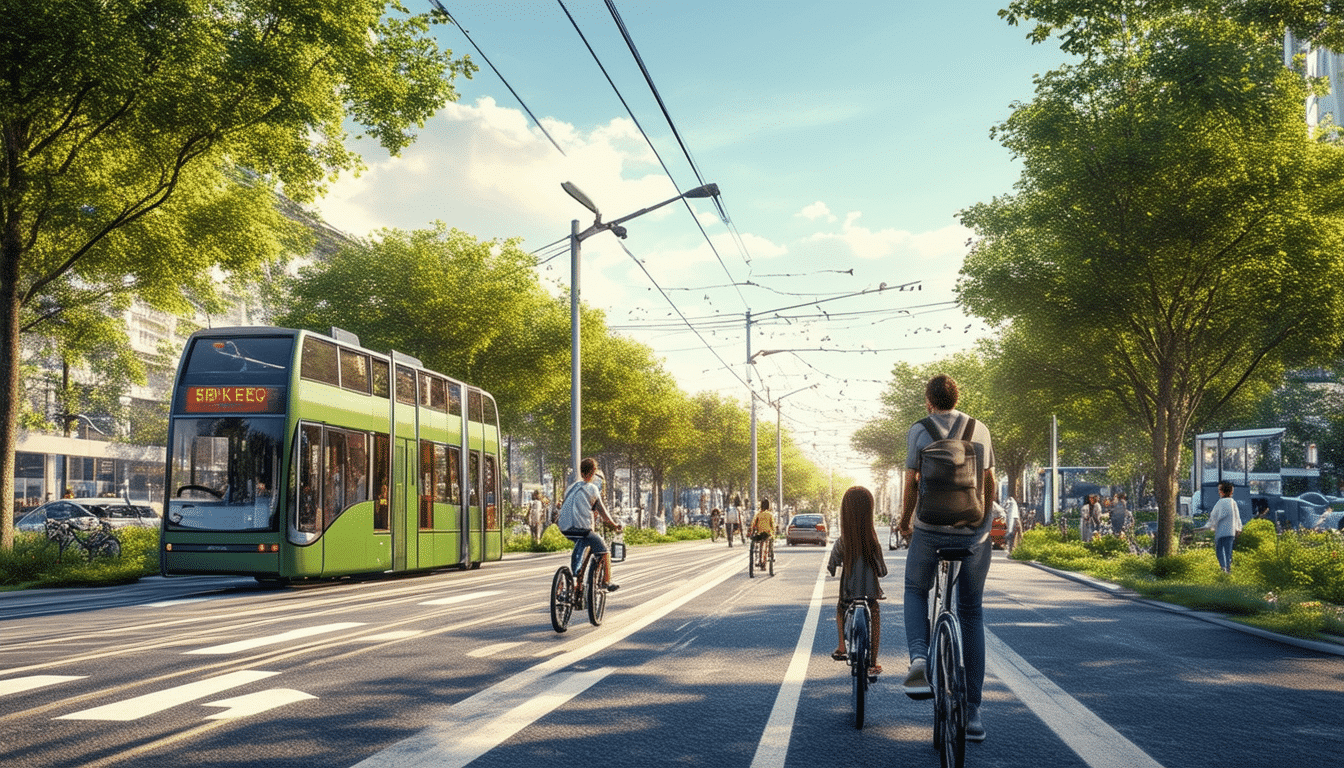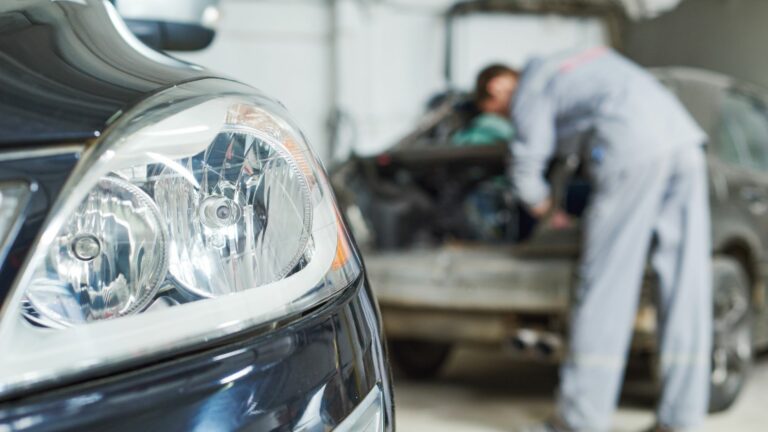How to reduce fuel consumption in the city

Reducing fuel consumption in the city is an increasingly pressing need, both for economic reasons and for the growing concern for the environment. Adopting more efficient driving habits and maintaining the vehicle in optimal condition are key strategies for achieving a more responsible use of energy resources. In this context, a series of practical tips will be presented that will help drivers reduce their fuel expenses, thus optimizing their daily performance.
Reducing fuel consumption in the city is an important goal both to save money and to contribute to the sustainability of the environment. With the increase in traffic and congestion, it is essential to adopt driving and maintenance habits that optimize fuel use. Below, various effective strategies are presented to achieve this.
Improving Driving Style
The way you drive has a significant impact on fuel consumption. Here are some tips for improving your driving style:
Smooth and Calm Driving
Avoiding sudden accelerations and abrupt brakes can reduce fuel consumption. Maintaining smoother and gradual driving optimizes engine performance and decreases the amount of energy required to move.
Anticipating Traffic Lights
Anticipating traffic lights and other traffic obstacles helps maintain a constant speed, which is more fuel-efficient. It is advisable to gradually decelerate rather than stopping the vehicle abruptly.
Turning Off the Engine at Long Stops
If you expect to be stopped for more than a minute, it is advisable to turn off the engine. This prevents the engine from idling, which consumes fuel unnecessarily.
Vehicle Maintenance
A well-maintained vehicle not only improves safety but also ensures more efficient fuel consumption. Below are some relevant aspects:
Proper Tire Pressure
Tire pressure should be checked regularly. Underinflated tires increase rolling resistance and, therefore, fuel consumption. Maintaining the proper pressure can help save up to 10% on fuel.
Filters and Oil in Good Condition
Checking the condition of the air filter and engine oil is essential. A dirty filter can affect the air-fuel mixture, while old oil can increase friction in the engine, causing higher fuel consumption.
Regular Maintenance
Preventive maintenance is key to ensuring that all vehicle components function optimally. Including regular checkups in the car’s calendar can prevent problems and improve fuel performance. More information on the importance of a good maintenance routine can be found here.
Optimization of Planning
Planning and timing can have a considerable effect on fuel consumption. Here are some recommendations:
Using Efficient Routes
Using navigation apps to avoid traffic jams and choosing shorter routes can help reduce driving time and, consequently, fuel consumption. Knowing peak hours also allows for better trip planning.
Reduce Air Conditioning Use
The use of air conditioning can increase fuel consumption. It is advisable to use it sparingly or, alternatively, open the windows when possible. However, at high speeds, it is better to use the air conditioning to maintain efficiency.
Efficient Use of Technology
Technology can be an ally in reducing fuel consumption:
Consumption Monitors
Using devices that display fuel consumption in real time can be useful for adjusting driving habits. Paying attention to how consumption varies can motivate safer and more efficient driving.
Additives to Improve Performance
Some additives can be added to the fuel to enhance engine performance and optimize consumption. A specific product can revitalize the engine, maximizing its efficiency. More information about these additives can be found here.
Adoption of Mobility Alternatives
Promoting alternative mobility methods helps decrease fuel usage and is beneficial for the environment:
Using Public Transport
Whenever possible, opting for public transport can drastically reduce personal fuel consumption. Furthermore, it helps to alleviate congestion and emissions in the city.
Carpooling
Carpooling or using apps to share rides allows multiple people to use the same vehicle, reducing the total number of cars on the road and, therefore, overall fuel consumption. This approach not only saves money but also helps reduce individual carbon footprints.
Adopting these strategies can not only lead to considerable fuel savings but also translates into economic and environmental benefits for all citizens. For more tips on how to improve fuel performance, you can check here.
Moreover, proper tire maintenance is crucial for optimizing fuel consumption, as can be read in this article here.
How to Reduce Fuel Consumption in the City
The reduction of fuel consumption in urban environments becomes an urgent necessity to contribute not only to personal finances but also to the protection of the environment. There are various strategies that any driver can implement to achieve this, starting with adopting a more efficient driving style. Driving calmly and anticipating traffic lights minimizes sudden braking and unnecessary accelerations, which in turn helps reduce fuel expenditure.
Another crucial aspect is related to vehicle maintenance. Maintaining proper tire pressure, checking the state of air filters, and carrying out regular engine maintenance are practices that optimize fuel performance. A well-maintained car consumes less, which translates into considerable savings in the long run.
Additionally, it is advisable to plan routes to avoid traffic and traffic jams. Utilizing navigation apps that inform about traffic conditions can be very helpful in finding more direct alternate routes. Furthermore, it is essential to remember to turn off the engine during long stops, as leaving it in idle only increases consumption unnecessarily.
On the other hand, promoting the use of public transport, carpooling, or considering options like biking also present effective alternatives for reducing the use of fossil fuels. Each of these actions can lead not only to significant monetary savings but also to a contribution towards a more sustainable future for all.





